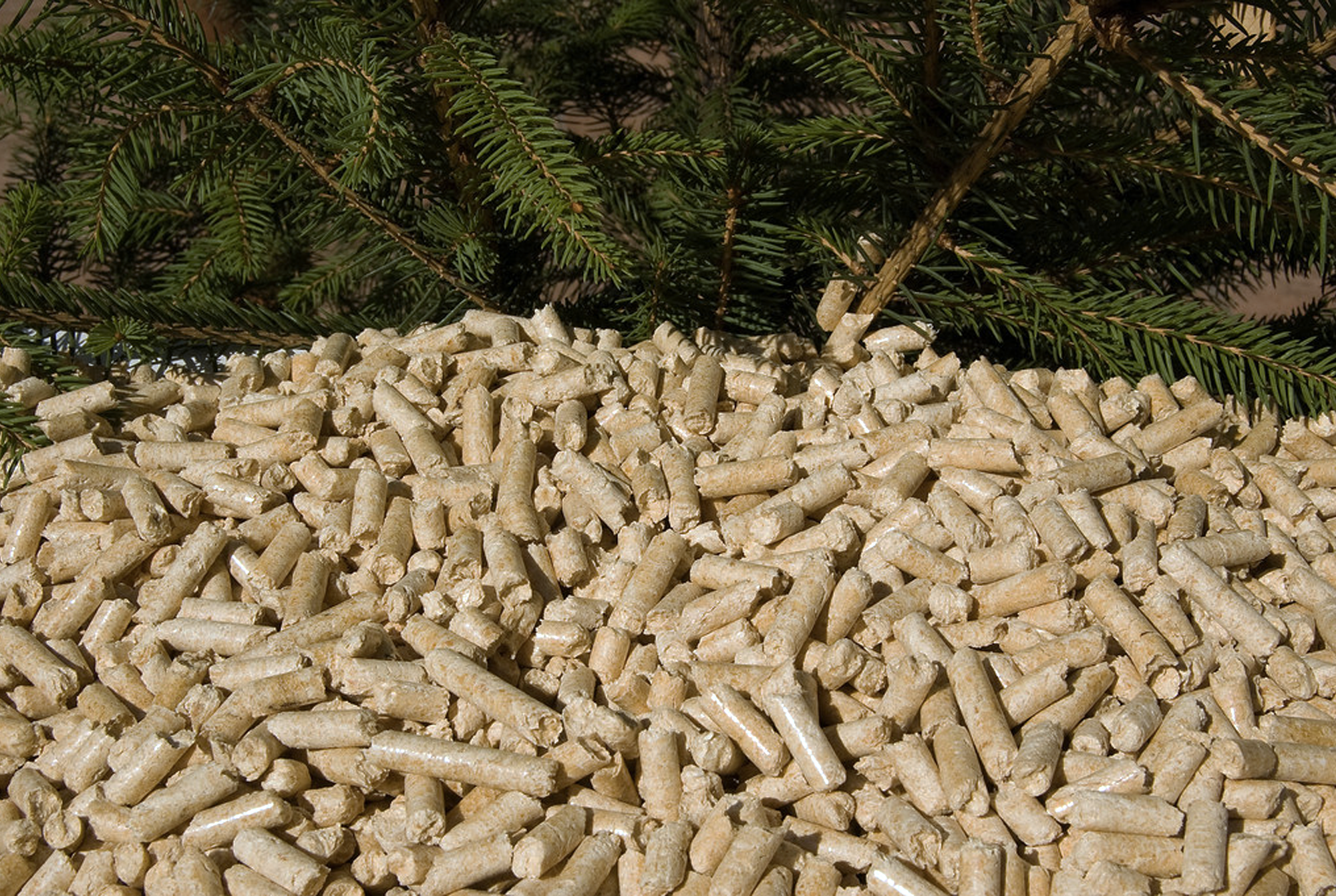In a world where access to energy resources can be unevenly distributed, the humble brikett has emerged as a powerful tool in bridging the gap in energy inequality. These compact and efficient fuel sources have been making a significant impact, especially in regions where access to traditional energy sources is limited or unreliable. In this article, we will explore how briquettes are playing a crucial role in addressing energy inequality and the various benefits they bring to the table.
1. The Power of Briquettes
Briquettes are small, solid fuel blocks typically made from compressed biomass materials such as sawdust, crop residues, or even waste paper. They offer several advantages and are an excellent alternative to traditional firewood or coal. One of the key benefits of briquettes is their energy efficiency. Due to their compactness and high energy density, they burn longer and hotter than loose biomass materials, making them a cost-effective and environmentally friendly energy source.

2. Access to Clean Cooking Fuel
In many developing countries, a significant portion of the population relies on open fires or inefficient stoves for cooking. This contributes to deforestation and poses serious health risks due to indoor air pollution. Briquettes provide a cleaner and safer alternative for cooking, reducing the harmful emissions associated with traditional cooking methods and improving overall air quality in households.
3. Empowering Rural Communities
Briquette production has become an essential income-generating activity in rural areas. Farmers and local communities can utilize agricultural residues and other biomass materials to manufacture briquettes, creating economic opportunities and reducing their reliance on expensive fossil fuels. This not only boosts the local economy but also strengthens the resilience of these communities by providing a consistent source of income.
4. Reducing Deforestation and Environmental Impact
One of the most pressing global challenges is deforestation, which threatens biodiversity and contributes to climate change. The demand for firewood and charcoal is a significant driver of deforestation in many regions. Briquettes help alleviate this pressure by offering a sustainable alternative. When people switch to using briquettes, they reduce the need for cutting down trees, preserving vital forest ecosystems.
5. Bridging Urban-Rural Energy Divides
In many countries, urban areas tend to have better access to modern energy sources, while rural regions often need to catch up. Briquettes have the potential to bridge this energy divide by providing a reliable and affordable energy source to rural communities. This can lead to improved living standards, increased productivity, and enhanced opportunities for education and economic development.

6. Government Support and Policies
Several governments and organizations recognize the potential of briquettes in addressing energy inequality and have implemented policies and initiatives to support their production and use. These efforts include subsidies, training programs, and the establishment of briquette production centers. Such support can significantly boost the adoption of briquettes in underserved communities.
7. Challenges and Future Prospects
While briquettes offer numerous advantages, there are still challenges to overcome. These include raising awareness about their benefits, improving production efficiency, and ensuring the sustainability of biomass resources. However, with continued innovation and investment in the briquette industry, these challenges can be addressed, paving the way for a more equitable energy future.
Conclusion
Briquettes have emerged as a beacon of hope in the fight against energy inequality. They offer a cleaner, more efficient, and sustainable alternative to traditional energy sources, particularly in underserved areas. As the world seeks to address climate change and promote equitable access to energy, the role of briquettes in bridging the gap in energy inequality cannot be understated. Through continued support and innovation, briquettes have the potential to transform lives and communities, bringing us one step closer to a more sustainable and just energy future.





